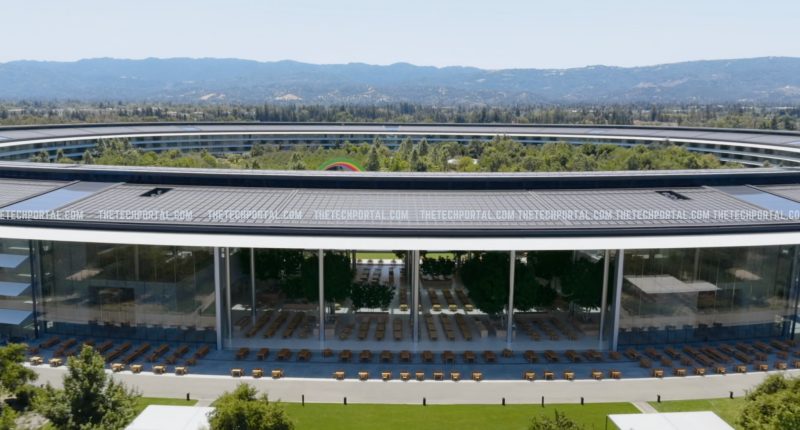Apple just got dealt a massive legal blow, once again in Europe. The European Court of Justice (ECJ) delivered a landmark decision against the tech titan, concluding a decade-long legal battle over the tech giant’s tax arrangements with Ireland. This ruling mandates that Apple must pay Ireland up to €13 billion (approximately $14.4 billion) in back taxes.
The ECJ’s decision imposes a considerable financial burden on Apple. The company has announced that it will incur a one-time income tax charge of approximately $10 billion in its fourth fiscal quarter, which ends on September 28. Apple’s shares fell by about 1% following the announcement, and are currently priced at $220.91. “Today is a huge win for European citizens and tax justice,” Margrethe Vestager, the antitrust chief in the EU, said.
“This case has never been about how much tax we pay, but which government we are required to pay it to. We always pay all the taxes we owe wherever we operate and there has never been a special deal,” a spokesperson for Apple said. “The European Commission is trying to retroactively change the rules and ignore that, as required by international tax law, our income was already subject to taxes in the US.”
Today is a huge win for European citizens and tax justice.
?In its final judgment, @EUCourtPress confirms @EU_Commission 2016 decision: Ireland granted illegal aid to @Apple.
Ireland now has to release up to 13 billion euros of unpaid taxes.— Margrethe Vestager (@vestager) September 10, 2024
The conflict began a decade ago when the European Commission launched an investigation into Apple’s tax payments in Ireland. The Commission alleged that Ireland had granted Apple favorable tax treatment, which allowed the company to effectively pay a significantly lower tax rate than other businesses. This favorable treatment was seen as a form of illegal state aid, violating EU regulations designed to ensure fair competition within the single market. Apple, with its European headquarters based in Ireland, was accused of benefiting from a tax scheme that amounted to unfair competition, as its effective tax rate on European profits was reported to be as low as 1% in some years, and even lower in others.
Two years later, the European Commission ruled that Apple had indeed received illegal state aid from Ireland. The Commission’s decision required Ireland to recover up to €13 billion from Apple, arguing that the company had received a tax advantage over its competitors. This ruling was based on the premise that the tax arrangements provided to Apple were not in line with standard market practices and constituted a breach of EU state aid laws. Both Apple and the Irish government contested this ruling, leading to a prolonged legal process.
Three years later, Apple and Ireland appealed the Commission’s decision, leading to a review by the EU General Court. The lower court sided with Apple in 2020, annulling the 2016 decision. The General Court found that the European Commission had failed to establish that Ireland had provided Apple with a tax advantage. This ruling was a significant victory for Apple, as it suggested that the tax arrangements in question might not constitute illegal state aid after all. However, this victory was short-lived.
The European Commission appealed the General Court’s decision, which brought the case before the ECJ. On September 10, 2024, the ECJ overturned the lower court’s ruling, reaffirming the Commission’s 2016 decision. “The Court of Justice gives final judgment in the matter and confirms the European Commission’s 2016 decision: Ireland granted Apple unlawful aid which Ireland is required to recover,” the ECJ said.
The Tech Portal is published by Blue Box Media Private Limited. Our investors have no influence over our reporting. Read our full Ownership and Funding Disclosure →






